On 10 January, Kazakhs went to the polls to elect deputies for the Majilis, the lower chamber of the Kazakh parliament. Five parties competed in the elections. Among those parties, former President and long time and lifelong elbasy, i.e., national leader, of Kazakhstan, Nursultan Nazarbayev’s Nur-Otan came off as the winner with 71% of the votes. Two other parties, namely, Aq Zhol and People’s Party, gained % 11 and % 9 of the votes, respectively, which qualified them to be represented in the Majilis.
The January 2021 elections in Kazakhstan may be regarded as distinct from the previous elections for the reason that they are the first legislative elections after Nazarbayev stepped down from the presidency, which he held for almost thirty years straight, and handed this top position to Kassym-Jomart Tokayev on 19 March 2019, though he remained the head of the powerful Security Council, as well as the Assembly of the People of Kazakhstan, and his own party Nur-Otan.
To remind the reader, following the unexpected hand over of the presidency, early presidential elections were held in June 2019 and the newly appointed president Tokayev, this time, was elected as the president with 71% of the votes.
The transfer of the presidency and the subsequent presidential elections had an effect that set the political sphere in Kazakhstan in motion. Probably hopeful for political change and liberalization, oppositional movements in Kazakhstan eagerly boosted their activities during the 2019 presidential elections. However, this ended up with thousands of arrests and frustration when the votes were counted.
Following the presidential elections Tokayev announced a number of political reforms. Among those reforms, he declared a revision in the law on political parties that would ease the formation and registration of parties. He also announced new regulations that would enhance the right to congregate and demonstrate. One of the important reforms that was declared was establishing a %30 quota for women and youngsters in the election lists of the parties. In addition to these, a new body called the Council of Public Trust was established with the objective of bringing decision makers with the opposition and civil society together to discuss solutions for the societal and other problems in the country. The talks on reforms continued also in 2020. In September, the establishment of the Supreme Council for Reform an organ responsible for strategic planning in economic and welfare-related issues was declared. On 2 January 2021, death penalty was abolished. All these talks and newly created organs led some to be more hopeful for political liberalization in Kazakhstan. However, when the country entered into the election period in the autumn of 2020, it was seen that the reforms were more of words than realities.
According to some news portals and the Forbes magazine, there have been several applications to be registered as legal political parties to take part in January 2021 elections, however these applications were denied. Likewise, restrictions were imposed on public demonstrations, resulting in the detention of some, who insisted on taking the streets to voice their protests and demands. Eventually only five parties joined the electoral race. Contrasting this number with seven in 2012 and six in 2016 reveals despite the talks on political liberalization, the legal political field, indeed, contracted.
There is one more point that is arguably more important and loaded. One of the five parties that took part in the elections is the ruling Nur-Otan. The other four parties are pro-governmental parties, which are even not oppositional in their rhetoric. Put differently, the Kazakh elections in January 2021 were a voting at which there was no opposition.
Another attention grabbing development has been the restrictions that were imposed on election observers. On 4 December, Kazakh authorities declared that those NGOs, the charters of which do not mention the mandate of election observation could not be registered as observers. Accordingly, many NGOs were disqualified as election observers. Moreover, certain restrictions were imposed on the observers that forbid them to live broadcast from the polling stations and record footages or shoot photos. This, understandably, instigated protests. As to observers, it might be important to highlight that 227 of the 398 foreign observers came from CIS member states.
It was reported that, on the election day, some observers were denied access to the polling stations. There were also reports about the detention of some observers. It was also reported that on the elections day, there had been some demonstrations of the oppositional groups calling Kazakhs to boycott the elections. These demonstrations ended up with arrests.
As said in the beginning, after the ballot boxes were opened, the ruling Nur-Otan was declared as the winner of the elections with 71% of the votes. As such, the January 2021 legislative elections marked the continuation of Nur-Otan’s electoral victories that it has been winning since it was founded in 1999. Anyhow, this was no surprise to anyone.
In conclusion, the latest legislative elections in Kazakhstan revealed the stability in the Kazakh domestic politics with a Nazarbayev-loyal president and a Nazarbayev-led ruling party. Kazakhstan continues to be the ‘Nazarbayev-land’ without a political alternative in sight.
* Photo: The Astana Times
© 2009-2025 Center for Eurasian Studies (AVİM) All Rights Reserved
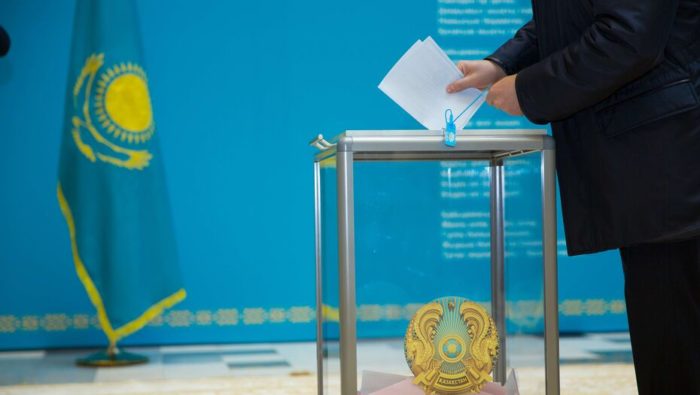
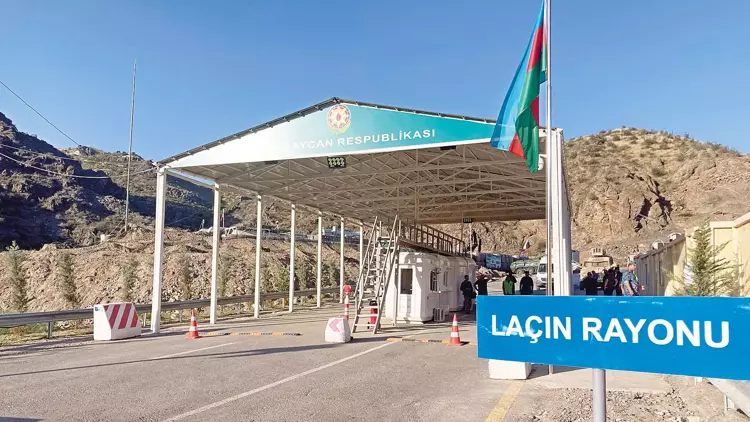 ARMENIA-AZERBAIJAN TENSION AND ITS CONTINGENCIES
ARMENIA-AZERBAIJAN TENSION AND ITS CONTINGENCIES
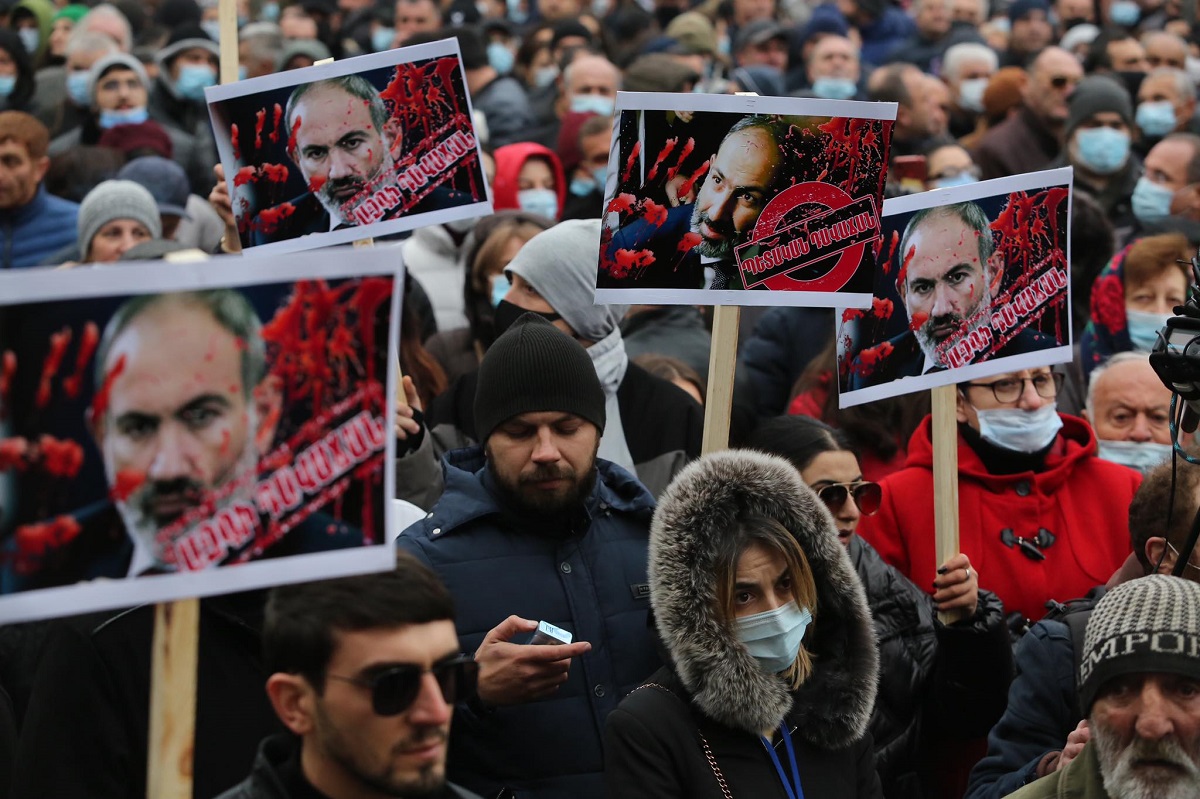 DEVELOPMENTS IN POST-2020 KARABAKH WAR ARMENIA AND THEIR IMPLICATIONS – 1: THE RIVALRY BETWEEN THE OPPOSITION AND PASHINYAN
DEVELOPMENTS IN POST-2020 KARABAKH WAR ARMENIA AND THEIR IMPLICATIONS – 1: THE RIVALRY BETWEEN THE OPPOSITION AND PASHINYAN
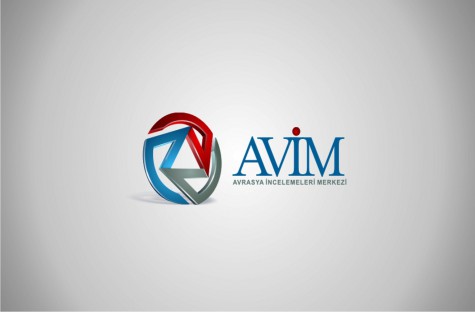 FORGETFULNESS OF POPE FRANCIS AND PRESIDENT GAUCK: ACCIDENTAL OR WILLFUL?
FORGETFULNESS OF POPE FRANCIS AND PRESIDENT GAUCK: ACCIDENTAL OR WILLFUL?
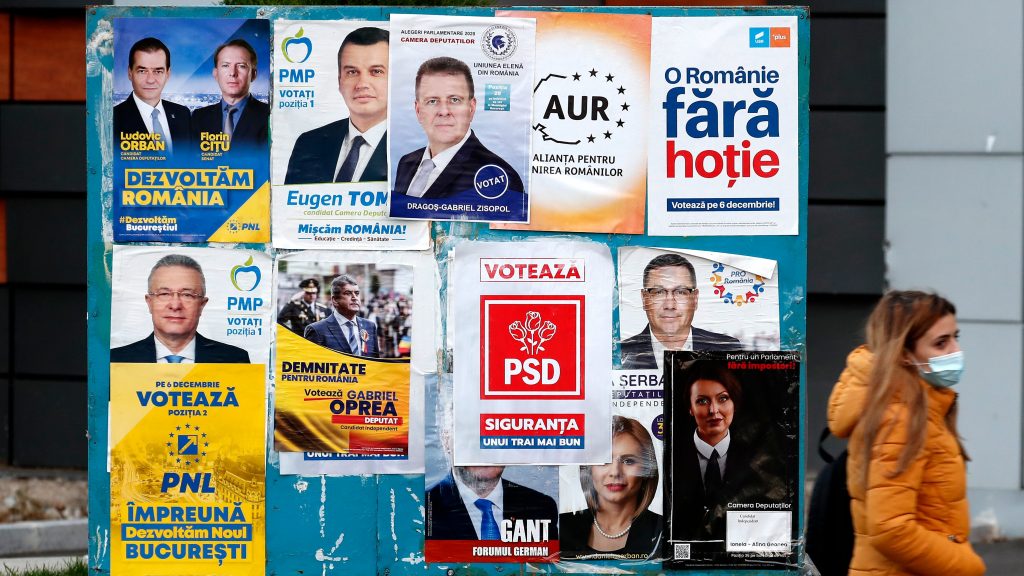 THE DECEMBER 2020 LEGISLATIVE ELECTIONS AND THE NEW COALITION GOVERNMENT IN ROMANIA
THE DECEMBER 2020 LEGISLATIVE ELECTIONS AND THE NEW COALITION GOVERNMENT IN ROMANIA
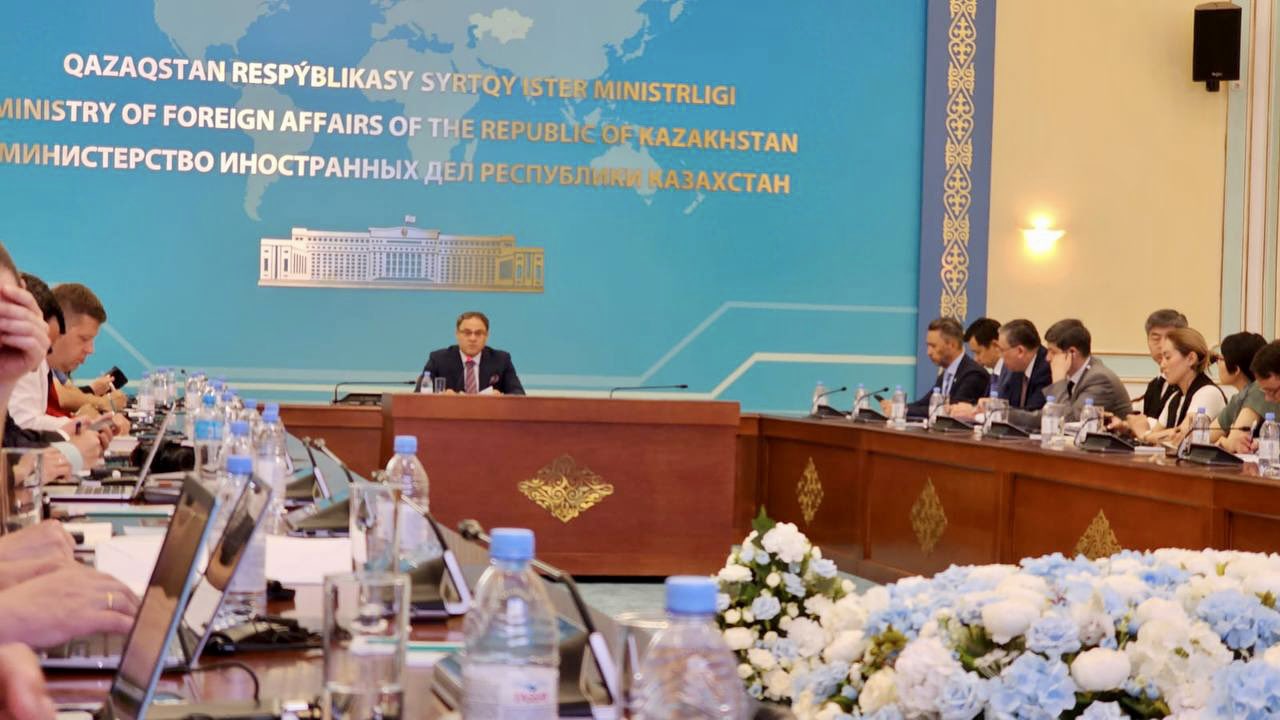 KAZAKHSTAN’S ECONOMIC AND FOREIGN POLICIES: NOTES FROM ASTANA - II
KAZAKHSTAN’S ECONOMIC AND FOREIGN POLICIES: NOTES FROM ASTANA - II
 THE AZERBAIJAN-ARMENIA PEACE PROCESS AND THE IMPACTS OF LOBBIES
THE AZERBAIJAN-ARMENIA PEACE PROCESS AND THE IMPACTS OF LOBBIES
THE AFTERMATH OF APRIL 24
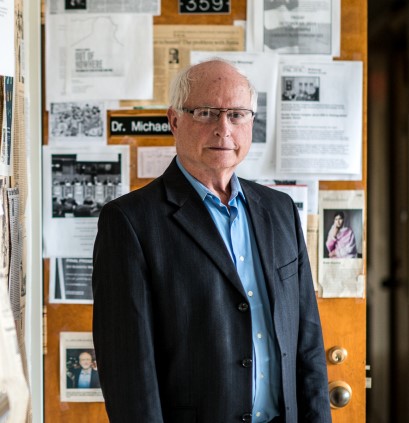 M.M. GUNTER’S ANALYSIS OF “THE THIRTY-YEAR GENOCIDE” BOOK BY B. MORRIS AND D. ZE’EVI
M.M. GUNTER’S ANALYSIS OF “THE THIRTY-YEAR GENOCIDE” BOOK BY B. MORRIS AND D. ZE’EVI
 AGOS' CHANGING EDITORIAL POLICY
AGOS' CHANGING EDITORIAL POLICY




























